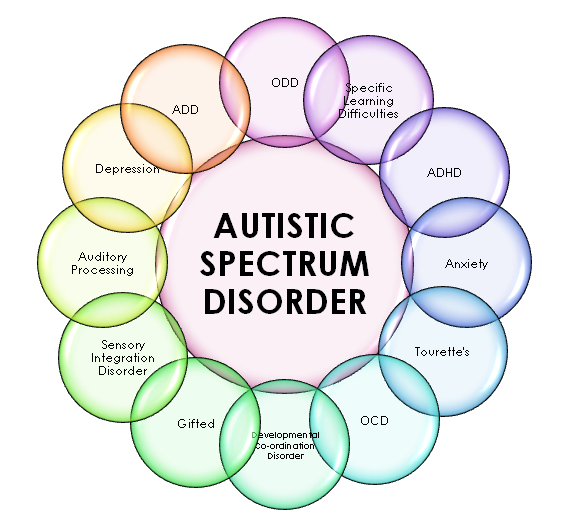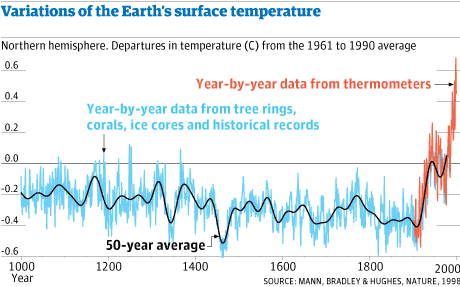For the past few weeks of class, all we have talked about is risk. It has been very interesting for me to listen to. As a Supply Chain Management major, I love working with statistics. It seems as though we have focused a lot on the risk of car crashes and using that statistic as a baseline for comparing other risks. While it is great to look at facts, I decided that I wanted to learn more about the risk of car crashes. Therefore, I did some research
In my last post, I researched the safety of planes and the risk of air travel. I found it ironic that I then stumbled across this article which compared the two forms of travel. According to the article, for every 100 million miles driven, about one fatal car crash occurs. This statistic is alarming compared to the almost non-existent deaths that occur over the millions of miles that airplanes fly. Over-all, the number of people who die in cars is astronomically bigger than the amount of people who die in planes. This striking statistic is only a brief outlook into the dangers of driving.
It seems as though cars being dangerous is not a new idea. According to the New England Journal of Medicine, death by car crashes have long been a problem. Back in 1925 when cars were a new technology, about 1 out of every three people who died in a car crash was a child. However, the article brings up an interesting point. Car crashes are not the only dangerous thing about cars. Cars are technology, and as well all know, technology has the tendency to fail every once and a while. Cars had a habit of causing fires when they were first being made, which was a threat to users. Cars also had an adverse effect on people’s health, making users less in-shape and leading to some bone and joint problems.
There are many reason as to why people get into car crashes. One of the most obvious reasons is age. It is no secret that teen drivers pose some of the worst threats to other drivers. Science Direct article states that new drivers account for over 120 crashes per every 10,000 miles crashes within the first month of their driving experience. This number does tapper off as they get more and more experienced, but it really is shocking to see just how much havoc young drivers wreck on the roadways. Drivers also faces many other dangerous factors. Situations involving drunk driving, driving while exhausted, and many other things make driving a dangerous game.
Over-all, driving is a pretty risky business. It not only is yourself that you have to worry about, but it is also other people you must worry about. When you chose to drive a car, you put yourself at risk for a multitude of bad things to happen to you. However, I don’t think this should stop people. Life is full of risks when you really think about it. However, we can only control what we can control. As long as people are smart and heads-up when they drive, they can eliminate a lot of risks. Stay safe, drivers!


![Fear-of-Flying[1]](http://civav.com/wp-content/uploads/sites/10/2012/01/Fear-of-Flying1.jpg)










